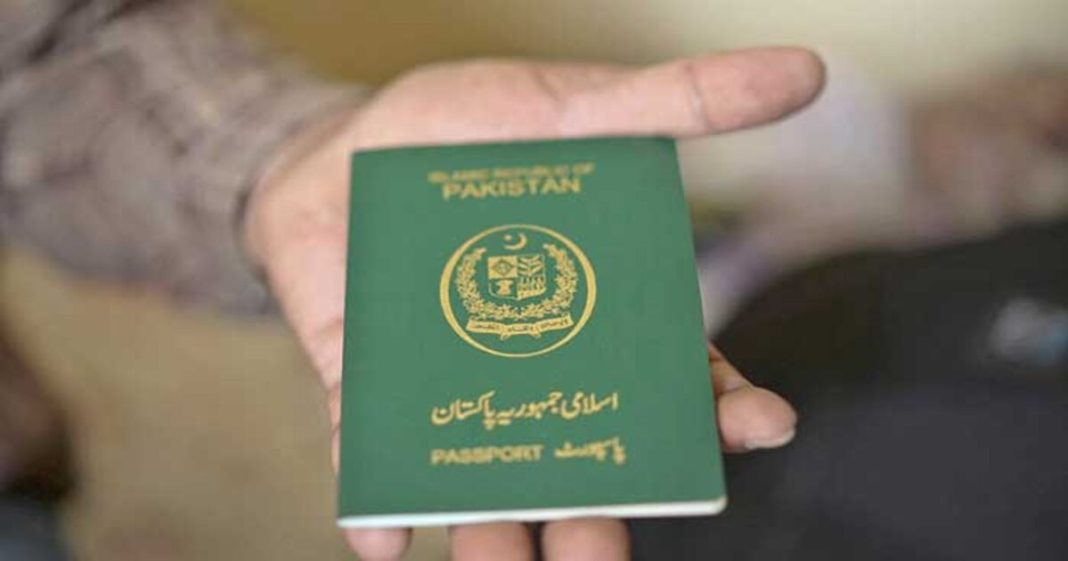Pakistan’s passport has suffered another setback in global mobility rankings, falling to 103rd place in the latest Henley Passport Index 2025. According to the report, the Pakistani passport is now on par with Yemen in terms of international travel freedom.
Decline in Global Mobility
Last year, Pakistan was ranked 96th, meaning the passport has dropped seven places in a single year. Currently, Pakistani citizens can travel visa-free or with visa-on-arrival access to just 31 countries, down from 32 last year.
The Henley Passport Index evaluates passports annually based on how many destinations a country’s citizens can enter without a visa or with visa-on-arrival access. Analysts point to regional competition as a key factor in Pakistan’s declining ranking, as neighboring countries are increasingly securing better travel privileges for their citizens.
Pakistan’s Position Compared to Regional Peers
Despite the drop, Pakistan still ranks above some regional neighbors, including:
-
Afghanistan: 106th, visa-free access to 24 countries
-
Syria: 105th, 26 countries
-
Iraq: 104th, 29 countries
This indicates that while Pakistan’s passport mobility is limited, it still remains slightly stronger than some conflict-affected nations in the region.
South Asia in Focus: India’s Decline
India has also experienced a decline, falling to 85th place. Indian citizens can now travel to 57 countries without a visa, compared to 59 countries last year. India’s current ranking aligns with Mauritania, reflecting increasing challenges in the region regarding visa-free mobility.
Global Leaders in Passport Strength
The report confirms Singapore as the holder of the world’s most powerful passport. Singaporean citizens enjoy visa-free or visa-on-arrival access to 193 countries, maintaining their top position. Following Singapore are South Korea and Japan, ranked second and third, respectively.
Interestingly, traditional Western powers have seen declines as well:
-
United States: slipped out of the top 10 to 12th place
-
United Kingdom: fell to 8th place, marking its lowest-ever ranking
These shifts reflect evolving global travel policies, diplomatic relations, and visa regulations.
China’s Rise in Passport Power
In contrast, China has made remarkable gains. The Chinese passport rose from 94th in 2015 to 64th in 2025, allowing citizens to travel visa-free to 37 additional countries. Experts attribute this improvement to China’s strategic diplomacy and stronger bilateral agreements that expand travel freedom for its citizens.
Implications for Pakistani Citizens
The Henley Passport Index decline has tangible consequences for Pakistani citizens. Reduced visa-free access can impact:
-
Business travel and international trade opportunities
-
Tourism options for leisure and education
-
Global mobility during emergencies or personal travel
Analysts warn that unless Pakistan strengthens diplomatic outreach and bilateral agreements, its citizens may face further limitations in international mobility.
Looking Ahead
Experts suggest Pakistan could regain some travel privileges through targeted visa negotiations and regional cooperation, as other nations continue to advance their passport strength. For now, Pakistani citizens face one of the least powerful passports globally, highlighting the need for strategic diplomatic efforts to improve international travel access.















